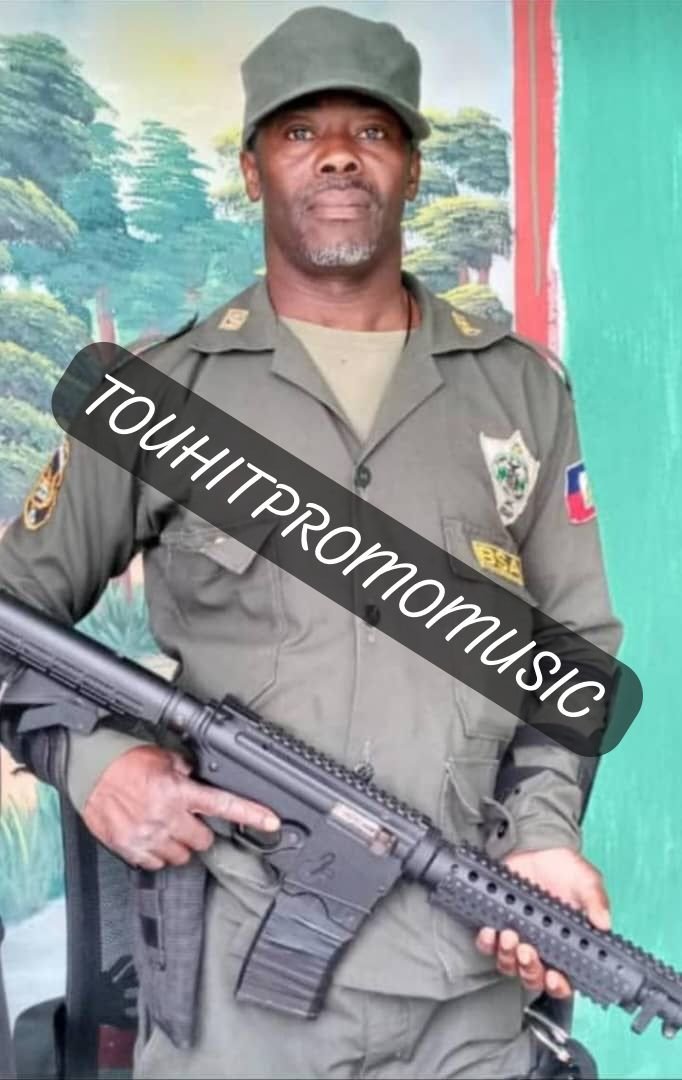What I do every day...February 16, 2025
/Dear friends,
If you reread what I wrote on Feb 7 about bandit attacks near our NPH Childrens home in Kenscoff (St Helene), today some of the concerns of that day came to pass.
At about 2am this morning, bandits started attacking the area around us, targeting some private houses, and the Teleco communication antennas vital in part to police communication.
Kenson called me early this morning as things were unfolding. He said the orphanage was flooded with some 250 refugees (neighbors running for shelter), that one was injured by a bullet, that shooting was intense all around.
He told me that he was able to send the injured down the mountain. I told him that as soon as I got Andre, Jocelynson and Fanfan we would be on our way there to help.
My goal was to be in shoulder to shoulder solidarity, help figure out how to manage the unfolding dangers, and when I returned to Tabarre to bring anyone with me who wanted to leave.
I only got as far as Petionville, because the police were forbidding any vehicles to enter the Kenscoff area except their own, and because we were warned that both vigilante groups and the bandits were radicalized on high adrenaline, and often attack approaching vehicles who the suspect are coming with bad intentions.
Even if I was in my ambulance, very often crimes are done in stolen vehicles like ambulances, and criminals often wear stolen uniforms of doctors or police to reinforce the criminal activity.
If anyone were injured on site, or if the bandits had stormed St Helene, of set fire to any part of it, I would have persisted against all danger to get there, but frequent updates from Kenson showed this was not the case. So we did not persist.
By the end of the day the police were reinforced and drove the gangs off. But the police left again, and the gangs will surely return.
Among the casualties of law enforcement officers was John Calo. John taught music in our St Helene home from 1998 to 2009. His wife, Immacula, is the cook for our guest house at St Helene. John was killed in the line of duty. We mourn his loss, we grieve with Immacula and her family, and we honor John for defending the people of the mountain.
We will find the best way to support Immacula, as well as the 250 refugees within the embrace of our walls.
Andre reminded me of the funeral at St Helene, in 1999, of the American nun. Sister Grace Jennings was from Vermont. She was a School Sister of Notre Dame, a missionary for most of her life in Puerto Rico. She came to us from there when she was very old, and was a wonderful caregiver to very sick and dying children at our original St Damien Hospital in Petionville.
Sister Grace was a poet, and I remember very well how when she was frustrated or angry about something, she turned it into a poem and promptly hung it on the main bulletin board. The poems were clever, biting, and very funny.
After some years, Sr Grace had a stroke and we burried her at St Helene. John, pictured below, as the music teacher, prepared the music for her funeral. He had taught a dozen children from St Helene to play a dirge on their flutes, and they followed me in a long procession as we led Sister Grace’s ashes from the gate to our own cemetery. The music was sweet when they played together, which is hard to do when walking and one cannot hear the other. At their off moments the music sounded like a bunch of cats trying to get out of a burlap bag.
I pictured the flutes as the musical version of one of Grace’s poems.
I tell this story because to say “there were deaths” is as cold as a number. But to say “who died” brings grateful memory and deep regret.
May John’s soul be sped to heaven by God’s mercy, and may God help each of us to light up the path to peace, from the very place each of us is standing, here and now.




